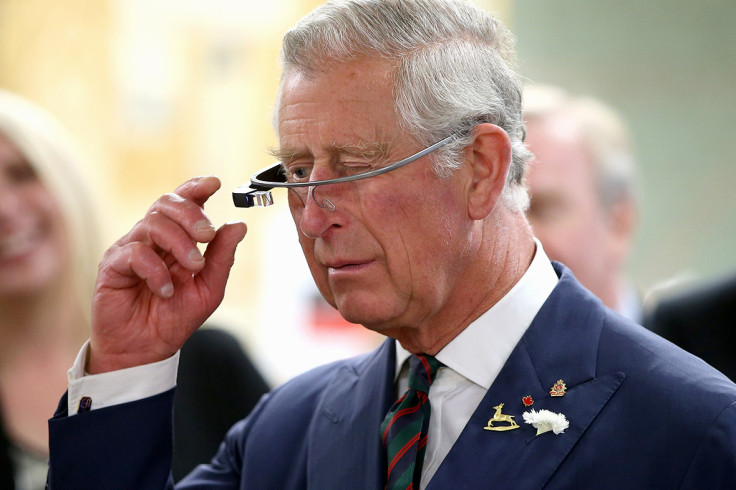No Google Glass Please, We're British - Why the Smartglasses Won't Work in the UK

Google Glass provokes a wide range of reactions.
Some gaze in awe, believing the future they have seen in films and read about in science fiction novels has finally arrived.
Some just point and laugh.
While these two viewpoints may be the extreme end of the spectrum, they are also representative of the cultural difference between Silicon Valley and the UK, and highlight the main stumbling block Google Glass will have in gaining widespread adoption in the UK.
Google launched Glass in the UK on Monday, slapping a £1,000 price tag on the Explorer edition which is aimed at developers and those wanting to be early adopters of what Google sees as the new face of computing.
Stumbling block
While the £1,000 price tag seems prohibitive (and it is) this is not going to be the main stumbling block for the technology in the UK. When a consumer edition finally arrives the price will have to be much lower if Google wants to stand any chance of widespread adoption.
No, the big barrier for use here in the UK is that people will just be too self-conscious to wear Glass.

Earlier this year I spoke to an engineer from Jawbone who had just launched its latest Bluetooth headset, the minuscule Era, which is about as discreet as a Bluetooth earpiece gets these days.
While the use of such Bluetooth headsets in the US is widespread, here in the UK the company has struggled to sell its products - saying there is a cultural divide in terms of how there head-worn devices are seen.
People in the UK just don't want to wear something so conspicuous on their heads.
They would rather continue to use their smartphone together with a pair of traditional headphones which have an in-line microphone. The sound quality may be significantly inferior but at least no one will be staring at you.
Bubble
Now imagine those same self-conscious people even thinking about wearing Google Glass - it's not going to happen.
At the UK launch of Glass on Monday, a Google spokeswoman said that when Sergey Brin first started wearing Glass around the Google offices, everyone paid attention. Now, no one does.
The reason for this is that within the bubble of Google, wearing what amounts to a smartphone on your head, is perfectly acceptable - but outside that bubble things are a little different.
The challenges Google faces to get Glass accepted are neatly summed up in this video from The Daily Show:
Privacy
Along with the problem of people not wanting to wear the device all the time, there is a second major stumbling block to widespread adoption - privacy.
Even in San Francisco and in cities around the US where Explorers have been using Glass for over 12 months, there have been numerous reports of Glass wearers being accosted in the street, in bars, restaurants and even cinemas by people worried that they are being secretly recorded.
Of course this type of reaction is normal when dealing with any new technology, and Google says that it is very obvious when someone is using Glass to take a picture of record video.
Yet despite this, the uncertainty and fear about Glass will likely hinder its adoption on this side of the Atlantic just as it has done in the US.
© Copyright IBTimes 2025. All rights reserved.






















